
By Simon Johnson, co-author of 13 Bankers.
On Wednesday, Senators Sherrod Brown and Ted Kaufman unveiled a “SAFE banking Act” with a clear and powerful purpose: Break up the big banks.
The proposal places hard leverage and size caps on financial institutions. It is well crafted, based on a great deal of hard thinking, and — as reported on the front page of The New York Times this week — the issue has the potential to draw a considerable amount of support.
The idea is simple, in the sense that the largest six banks in the American economy are currently “too big to fail” in the eyes of the credit market (and presumably in the leading minds the Obama administration — which saved all the big banks, without conditions, in March-April 2009). The bill put forward by Senator Christopher J. Dodd, the chairman of the Banking Committee, has some sensible proposals — and is definitely not an approach that supports “bailouts” — but it does not really confront the problem of the half-dozen megabanks.
In the American political system — where the power of major banks is now so manifest — there is no way to significantly reduce the risks posed by these banks unless they are broken up.
These banks are so powerful that they can confront and defy the government, as seen in the twists and turns of the S.E.C. versus Goldman Sachs case. They are also powerful enough to threaten a form of extortion: If reform is tough, according to JPMorgan Chase’s chief, Jamie Dimon, credit will contract, the recovery will slow and unemployment will stay high. Given the size of his bank, that’s a credible threat.
The big banks give a lot of money to politicians on both sides of the aisle and they are now digging in hard to defeat reform. Indeed, there are credible reports of various “front” organizations being used for this purpose.
Under such circumstances, the Brown-Kaufman approach might be thought unlikely to succeed.
But consider how the Republicans are already starting to counterattack the Dodd proposals, the ways in which the broader Dodd-White House approach remains vulnerable, and how exactly the Brown-Kaufman approach can help the Democratic leadership as it becomes increasingly hard pressed.
The Republicans are saying: the Dodd bill does not end “too big to fail.” Most of their reasons are misleading (“it’s all about Fannie and Freddie really,” “there will be a permanent bailout fund,” “the Federal Reserve needs to lose some of its powers,” etc.). But there is no question that this message will seriously confuse people who are only just starting to pay attention.
As the Republicans have astutely spotted, the Dodd-White House proposals will not actually reduce the size or seriously limit the activities of the megabanks — and a broad cross-section of society completely understands that these institutions brought us into the trauma of September 2008, have become even bigger since then, and still have the incentive to take on an excessive amount of risk.
The S.E.C. case against Goldman has created a great opportunity for the Democrats because it exposes details regarding exactly how big banks are mismanaged and why they treat many of their customers in an unreasonable manner. The electorate now completely understands — even more clearly than a week ago — that the attitudes and compensation structure of the largest banks lie at the heart of our current macroeconomic difficulties.
The Brown-Kaufman bill therefore addresses not just the substantive financial issues of our day but also the tough political situation now facing Democrats. If their SAFE banking bill can come to the floor of the Senate (for example, as an amendment to the Dodd bill) and be voted on — up or down — then we will really get to see which of our elected representatives support overly big banks and which want to bring them down.
The bill might fail, of course, on that basis — but then anyone who opposes it can be branded as a “too big to fail” fan in November and beyond. This would be a clear identifier that would cut through the noise and the disinformation. Did this candidate vote for or against the too-big-to-fail banks? It’s a simple yes or no.
As political logic inserts itself more and more into the economic debate on banking, there is a real possibility that Senators Brown and Kaufman have exactly what the Democrats (and the country) needs.
This post appeared this morning on the NYT.com’s Economix; it is used here with permission. If you would like to reproduce the entire post, please contact the New York Times.
Written by Simon Johnson
April 22, 2010 at 7:00 am






















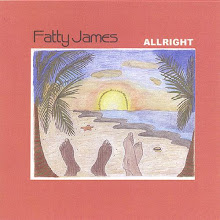

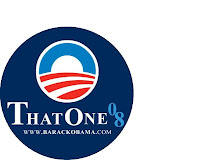
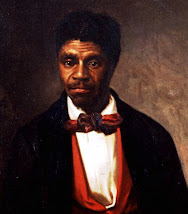




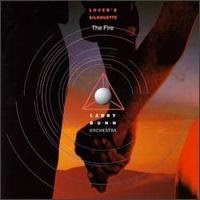








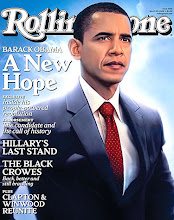









No comments:
Post a Comment